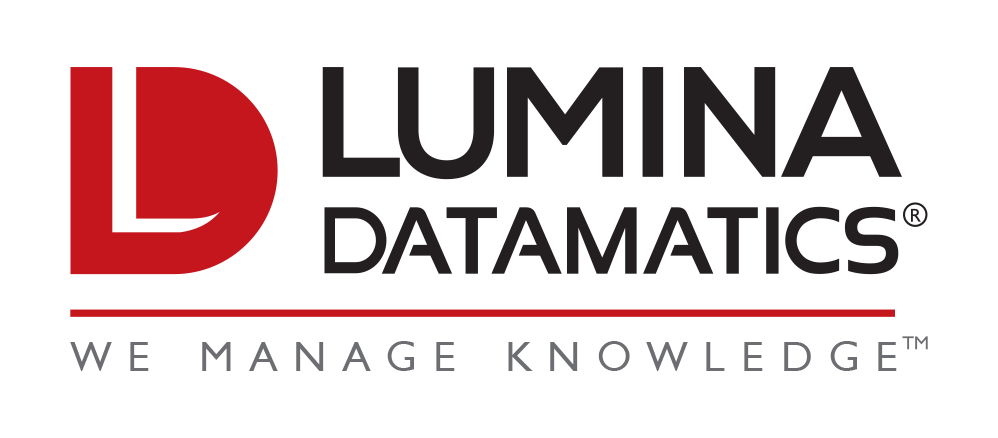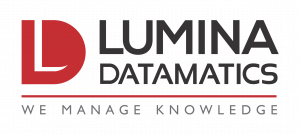Ensuring the accuracy of legal content is more important than ever in today’s digital world where every piece of information can be instantly availed. Remember that wrong or inaccurate information can lead to severe consequences which include legal repercussions, financial loss, and reputation damage. Hence, strong quality assurance (QA) and content testing practices are crucial for any business organization dealing with legal content. This blog will delve into the best practices to ensure the legal content’s accuracy and reliability.
Significance of Legal Content Accuracy
Legal content comprises laws, regulations, legal advice, court rulings, and compliance guidelines. Thus, this content must be accurate, reflecting the latest legal standards and interpretations. Moreover, it should be comprehensive and clear, covering all essential aspects of the legal topic, and could be easily understood by the intended audience. Simultaneously legal content must be consistent, aligning with other legal documents and resources.
Declining to maintain these standards can result in misinformation, which can cause individuals and organizations to make bad decisions based on incorrect legal advice.
Here are a few best practices for QA and content testing:
1. Establish a Precise Review Process: It’s essential to create a multilayered review process, including three procedures. Firstly, an initial draft review should be run by subject matter experts to confirm the content is accurate and comprehensive. Secondly, legal professionals must cross-check the information and make sure that no critical aspect is overlooked. Thirdly, Legal editors must perform editorial reviews while ensuring the content is clear, concise, and free of errors & jargon.
2. Implementation of Automated Tools: Automated tools can streamline the quality assurance process as they can help to check for consistency ensuring that terms and references are used evenly right through the content. Moreover, these tools can cross-verify citations and references to confirm they are accurate and up-to-date. At the same time, automated proofreading tools can detect grammatical errors and ensure that the content adheres to the chosen style guide.
3. Conduct Frequent Updates and Audits: Legal content should be regularly reviewed and updated to indicate changes in laws and regulations. Hence periodic audits must be performed to update content based on the newest legal developments. When significant legal changes occur, the content must be immediately updated. Moreover, feedback loops must be created for users to report inaccuracies or obsolete information.
4. Initiate Training and Development Programs: Training programs are essential for content creators and reviewers to maintain high standards. Legal training is needed to regularly provide updates on new laws and legal precedents. Likewise, content training is required to follow best practices in writing and reviewing legal content. Whereas, tool training helps the writers to effectively use automated QA tools and platforms.
5. Prioritize Cross-Functional Collaboration: Teamwork between legal experts, content creators, editors, and IT professionals helps to conduct a comprehensive QA process. This encompasses, conducting regular meetings to discuss updates, challenges, and improvements. By using various collaborative tools for real-time content review and feedback. Plus, establishing protocols for quick and effective communication across teams.
Furthermore, every organization has the major responsibility to ensure the accuracy of legal content. By implementing robust QA and content testing practices, the distribution of incorrect legal information can be prevented, protecting both the organization and its audience. The provision of reliable, authoritative, and up-to-date legal content requires the use of these best practices in a world where legal information is continuously evolving.
At Lumina Datamatics, we provide comprehensive Content Accuracy Testing and Quality Assurance service. Our team of legal experts can carefully examine every part of your content and maintain the highest standards of precision, reliability, and credibility of the content.
Visit our Legal Service page to learn more.





0 Comments